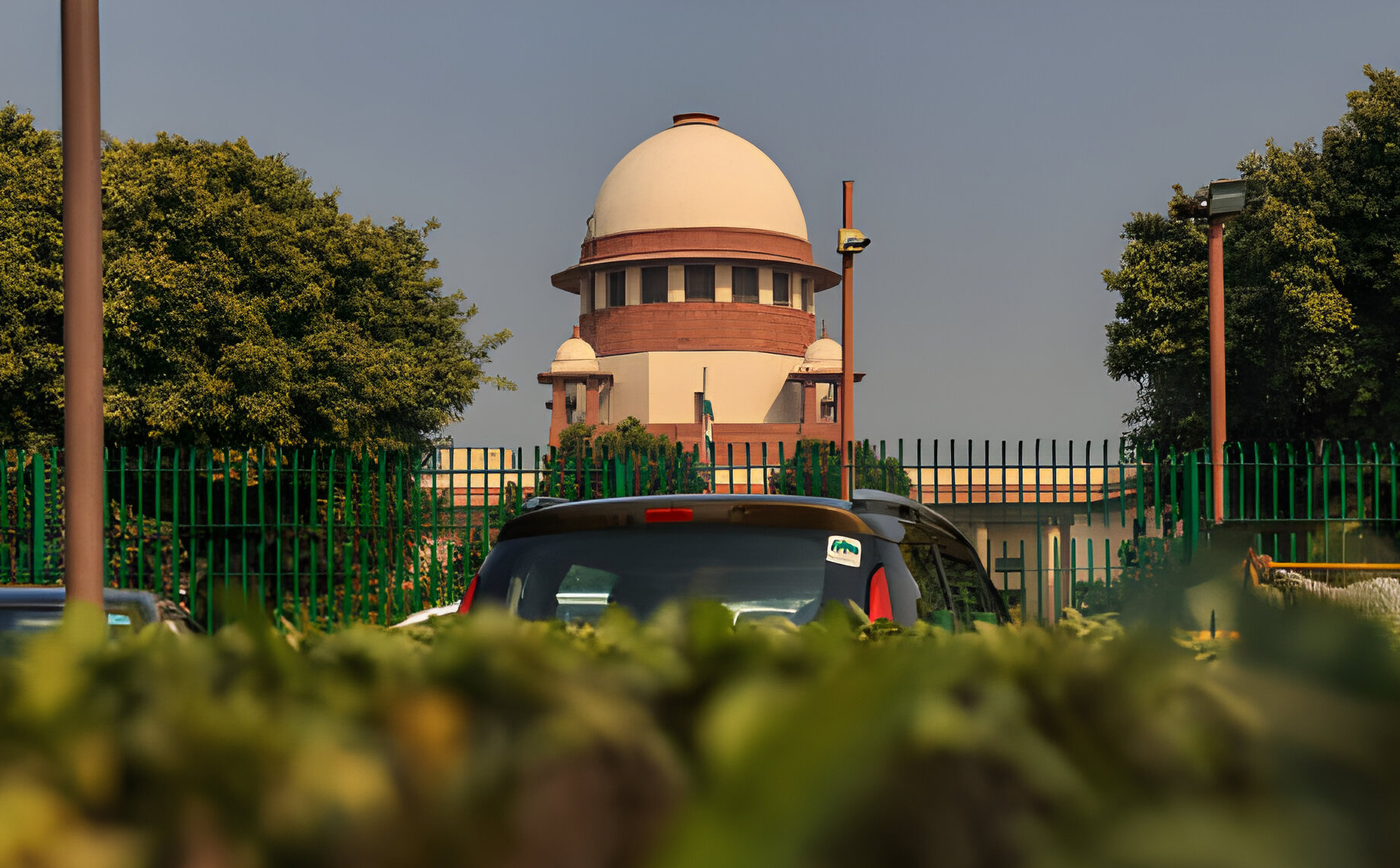New Delhi, Jan 3 – The Supreme Court has ruled that the Central Bureau of Investigation (CBI) does not need the approval of state governments to file a First Information Report (FIR) against officials of the Central government positioned in various state jurisdictions.
On January 2, a bench led by Justices C T Ravikumar and Rajesh Bindal overturned a decision made by the Andhra Pradesh High Court, which had dismissed CBI investigations into two Central government employees accused of corruption.
The court stated, “Regardless of their place of posting, these individuals are Central government employees or employees of Central government undertakings who allegedly committed serious offenses under the Prevention of Corruption Act, a central legislation.”
The case arose from FIRs registered by the CBI regarding Central employees working in Andhra Pradesh, who contested the CBI’s jurisdiction in the High Court. They argued that the general consent provided to the CBI under the Delhi Special Police Establishment Act, 1946 (DSPE Act) by the undivided state of Andhra Pradesh did not automatically apply to the newly constituted state after bifurcation.
The High Court sided with the defendants, who had been charged under the Prevention of Corruption Act, asserting that new consent from Andhra Pradesh was necessary, leading to the quashing of the FIRs.
Justice Ravikumar authored a 32-page judgment challenging the High Court’s interpretation, concluding it erred by requiring this fresh consent for CBI investigations.
“In this context, the provisions outlined in the circular memo dated May 26, 2014, indicate that all laws applicable to the undivided state of Andhra Pradesh as of June 1, 2014, remain effective in the newly formed states of Telangana and Andhra Pradesh until modified or repealed,” the judgment noted.
The ruling drew on previous precedents, including a 1990 government order approving general consent to the CBI and its subsequent extensions in Andhra Pradesh, to support its findings.
The court raised a central question: does the CBI need state government consent to file an FIR against a Central government employee under a central law merely because the employee is located in a state’s territory? The court determined that such consent is unnecessary since the offenses are under central legislation and involve Central government employees.
The court emphasized that the consent procedure under Section 6 of the DSPE Act does not hinder investigations into central offenses simply because they occur within a state. It clarified that the general consent granted by a state under the DSPE Act suffices for CBI investigations related to central crimes, negating the need for additional state-specific approvals.
“We firmly believe that the impugned judgment, which quashed the relevant FIRs and subsequent proceedings, is unsustainable,” the bench concluded, subsequently allowing the CBI’s appeal. (Agencies)


Leave a Reply